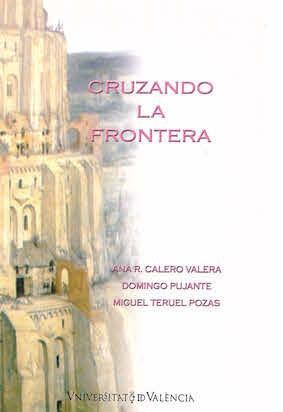Dos mons, una sola llengua. La narrativa en català escrita per immigrants
DOI:
https://doi.org/10.7203/qf-elit.v12i0.5033Keywords:
immigration, immigrant identity, immigrant literature, Catalan language, Catalan identity Abstract
Abstract
This article analyses 33 works, written in the Catalan language, by 14 immigrant writers. It attempts to show how these authors have explained their experiences of migration and how they have interacted with Catalan host society. It explores how they understand Catalan identity and how they negotiate their own identities, caught between their cultures of birth and that of Catalonia. Most of the works studied are non-fictional. A third of the works are memoirs that offer up a variety of experiences coloured by each author’s gender, social class, and culture. The exploration of this literature suggests that the immigrant experience cannot be understood as a phenomenon of transplantation or uprooting alone, but rather as a productive grafting of cultures which enriches host society and acts as a medium for the expression of the longings of immigrants.
 Downloads
Downloads
Downloads
Published
How to Cite
-
Abstract267
-
PDF (Español)235
Issue
Section
License
 Este obra está bajo una licencia de Creative Commons Reconocimiento-NoComercial-SinObraDerivada 4.0 Internacional.
Este obra está bajo una licencia de Creative Commons Reconocimiento-NoComercial-SinObraDerivada 4.0 Internacional.
Authors who publish with this journal agree to the following terms:
- Authors retain copyright and grant the journal right of first publication with the work simultaneously licensed under a Creative Commons Attribution License that allows others to share the work with an acknowledgement of the work's authorship and initial publication in this journal.
- Authors are able to enter into separate, additional contractual arrangements for the non-exclusive distribution of the journal's published version of the work (e.g., post it to an institutional repository or publish it in a book), with an acknowledgement of its initial publication in this journal.
- Authors are permitted and encouraged to post their work online (e.g., in institutional repositories or on their website) prior to and during the submission process, as it can lead to productive exchanges, as well as earlier and greater citation of published work (See The Effect of Open Access).




